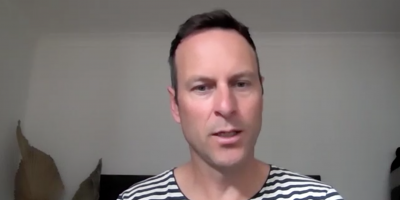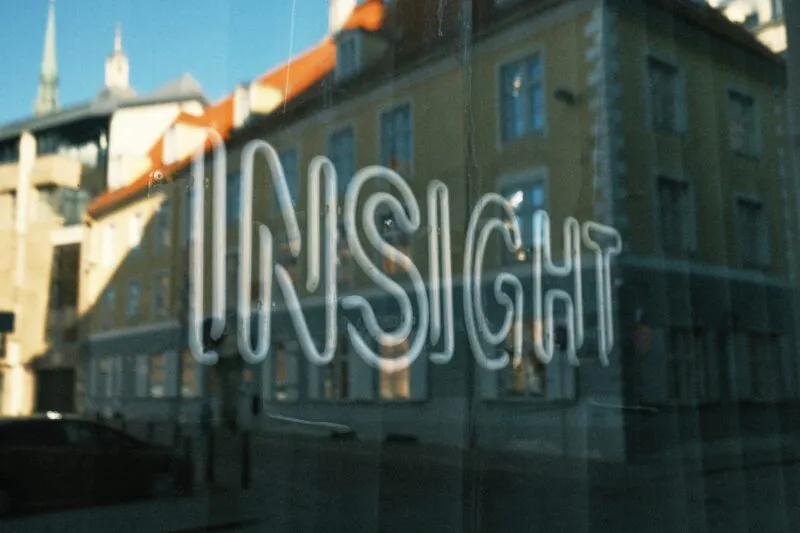The art of saying ‘Thank you’
Gratitude is the path to a buoyant future.
Let us ponder this …
Every person has a plateau level of happiness. Something amazing happens (e.g. winning the lotto … yippee!!!), happiness increases, then it stabilises back at the plateau level. Something not so great happens (e.g. death of a family member … boohoo RIP … ), happiness decreases, then again returns to the plateau level.
Being grateful is about being warmly and deeply appreciative of tangible or intangible benefits received.
Gratefulness is understood to increase a person’s health and well-being, from being conscious of what makes one happy (e.g a lovely sunny day, a few laughs or receiving a wonderful gift), rather than the ever insatiable hunger for better and more.
Human nature is to take the things that make us happy for granted.
We focus on the things we don’t have, and what we want, need and desire.
The perpetual loop of discontent.
“I want a better (house, job, car … or whatever)” or
“I need more (money, time, fun … or whatever).”
Things might get better for a bit, then they stabilise, back at the plateau.
The perpetual loop of “I wish” or “I want.”
While historically gratitude has been a religious focus from Buddhism, to Christianity to Islamic and more, for the past couple decades, it has become a focus for positive psychology.
There is an increasing library of research in relation to the short term experience of emotional gratitude (state gratitude), individual differences in how frequently people feel gratitude (trait gratitude) and the relationship between the two aspects.
Findings of the research illustrate that gratefulness has a high correlation with subjective well-being and increases happiness, decreases depression, reduces stress and generally increases satisfaction with life and social interaction.
Grateful people are less likely to blame others for their circumstances, and have better coping mechanisms. They sleep better, and have an improved optimism about life and the future.
Social good, donations, supporting others, generosity, helpfulness and volunteering are also higher amongst those with higher levels of gratefulness. People who are predisposed to gratitude, are eager to help others.
Those who are grateful ROCK.
And, gratefulness should not be for the lucky few. It is about not taking one’s family, friends, workmates, health, home or even places and possessions for granted. Things can change very quickly.
Grateful people take nothing for granted — they are thankful of their life.
The big things and the small things. One’s family, friends, access to pristine beaches, a nice walk or coffee in the morning.
And, gratefulness is not just for individuals, it should be a business and government priority.
Leaders authentically thanking their team.
Businesses sincerely thanking their customers.
Research also illustrates the value of gratitude for businesses.
The simple ‘thank you’ on a restaurant receipt is said to increase repeat business. And, a study of jewelers found that a retailer calling customers to say ‘thank you’ increased sales by 70%, where a call to advise of a sale increased sales by 30%. Simplistic examples, but worth reflection.
Business and government often wish to communicate to customers and citizens that they are grateful. Yet, they too often fail. They may actually be grateful, but they fail to communicate it with sincerity and authenticity.
You can’t fake gratitude. People can see through fake.
Rather than a bank offering more to entice new customers, and existing customers need to beg for a better deal, banks should be proactively thankful in offering a better deal to those who would prefer to stay if shown some gratitude. Perhaps a random Christmas bonus or sincere ‘thank you’ message to customers and staff who are essential in creating the big profits and corresponding bonuses.
Rather than a government minister being focused on their legacy, thank the people they represent not only on election night and amidst an election campaign, but throughout their term. If people see a level of gratitude, they are less likely to question pay rises, particularly in the absence of performance.
The best strategy for individuals, business and government to show gratitude is to actually truly be grateful, then communicate this with sincerity and absent of ego.
For individuals, business and government (and media) gratefulness is about embracing what they have, rather than lamenting what they do not.
Rather than desperately longing for the economy to be better or the city to improve, the grateful celebrate the strengths, work with what they have and are optimistic about the future.
Rather than blaming regulations, slow customer spending or even staff for the sluggish sales, the grateful are thankful of the support and grab opportunity by the horns and ride it into a glorious future.
Yep, life is tough.
Always has been and always will be, and you know … there is something to be grateful for even in that. An interesting life, doesn’t come from a boring life, it comes from a life of ups, downs, swings and roundabouts. Sometimes life sucks, is frustrating and exhausting, but there are plenty of stories in all of that. And, be grateful of the lessons learnt and resilience you showed.
As Frank once said “that’s life.”
So, toughen up!
We all want a better world. Be this the big wide world, or your own little personal world. You will not find it stuck in the perpetual loop of discontent.
There are many examples of displays of gratitude out there.
I’ll leave you with two thoughts …
- Who / what are the people, places and things you are grateful for in the past 12 months?
- How / when are you going to show more gratitude in the next 12 months?
With gratitude comes an optimistic future.




